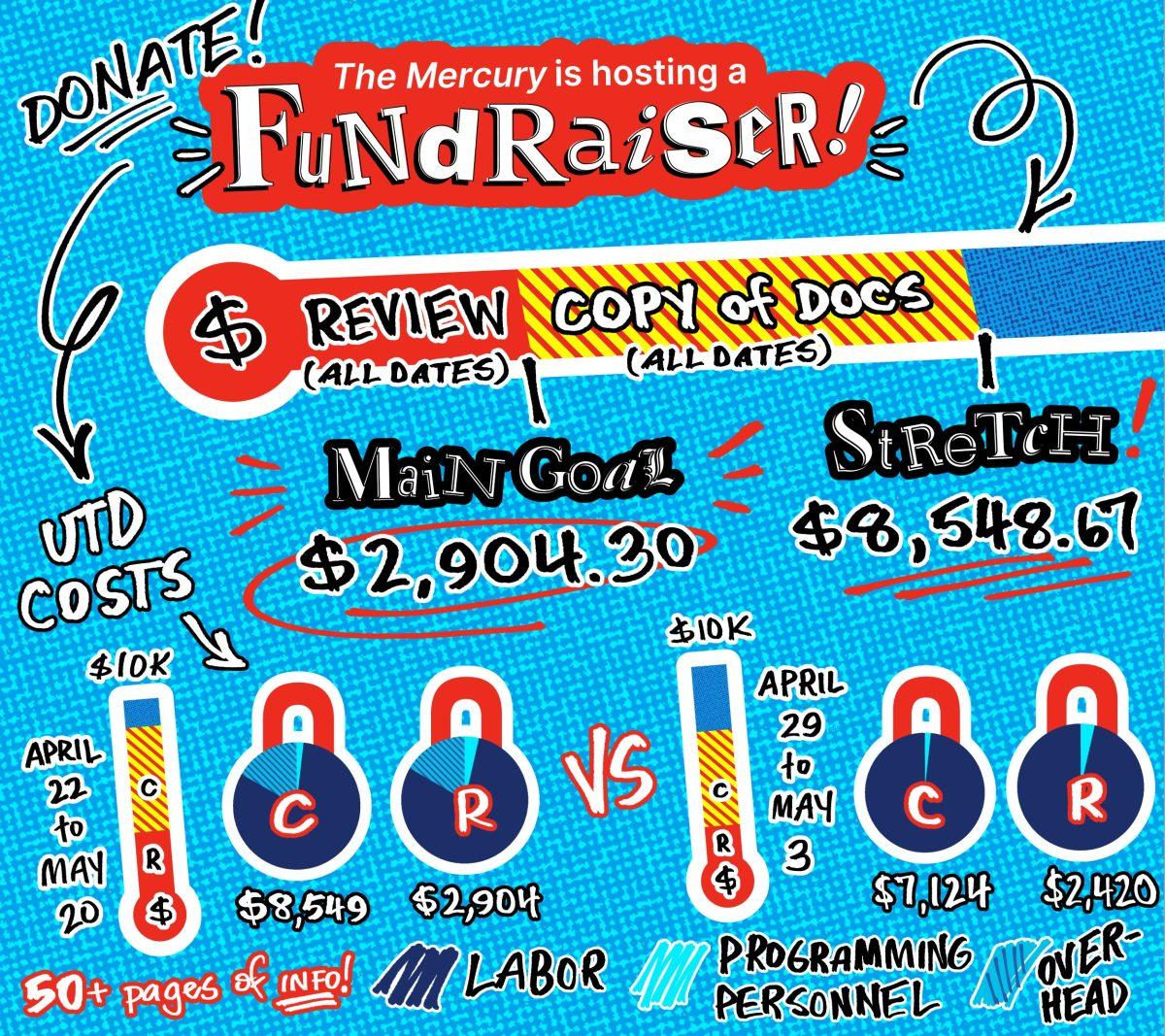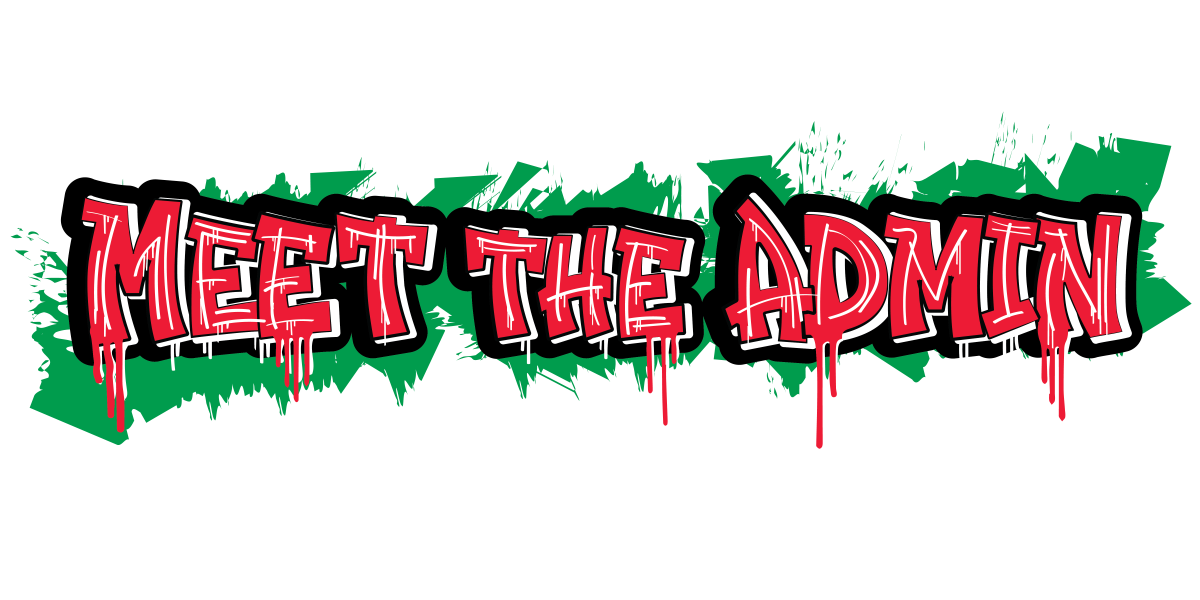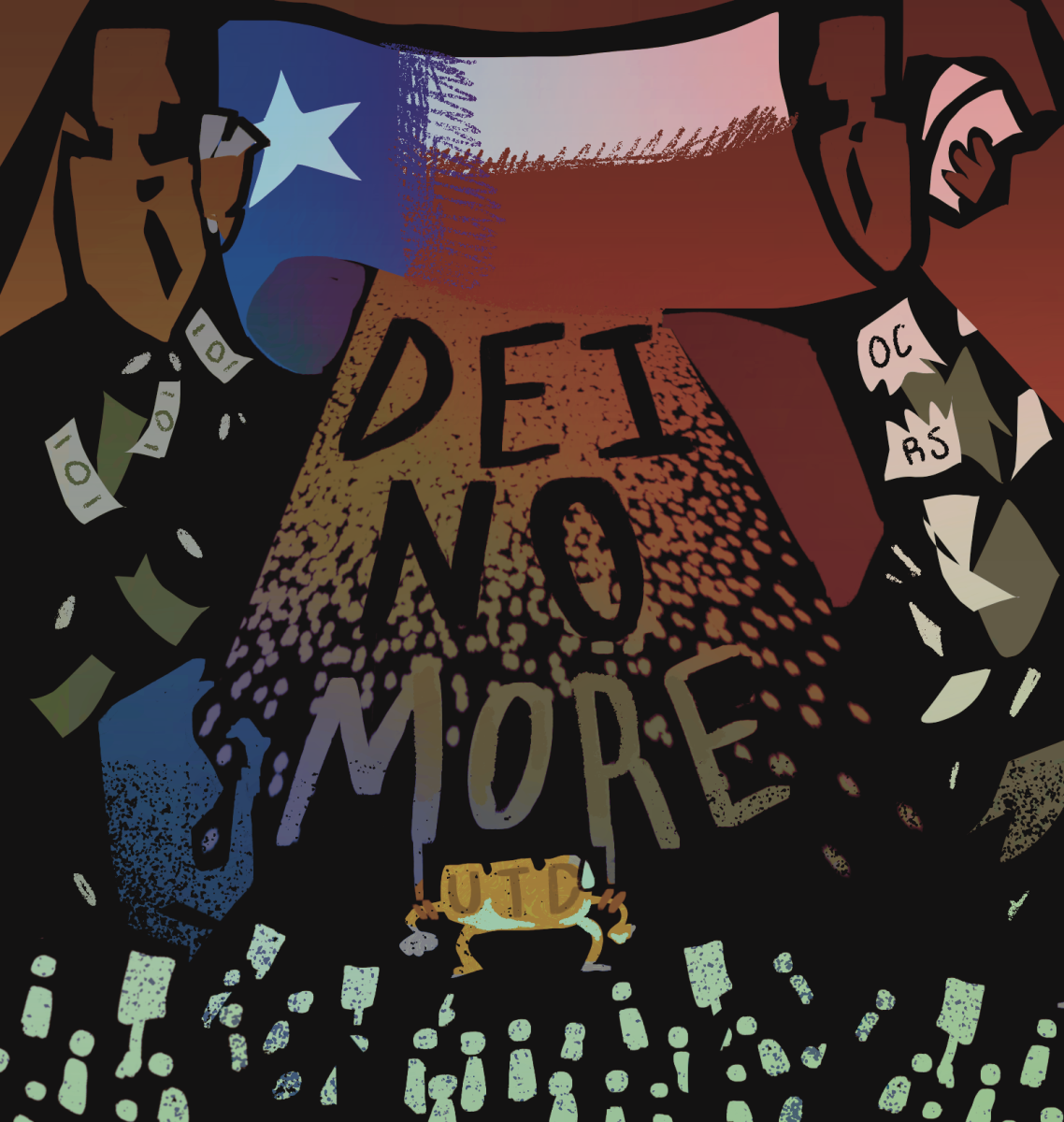School voucher programs siphon money away from public education, and UTD could become collateral damage
The Texas Legislature’s fourth special session is underway, with the House committee advancing the school voucher bill after the previous special session saw stalemate on the issue. Despite Gov. Greg Abbott’s relentless crusading, the legislature’s hesitance to pursue voucher programs shows that Texans see “school choice” for what it really is: an attack on K-12 public education. Comets should take heed of how these initiatives strip schools of their resources and damage education as a whole.
Abbott has long urged for providing education savings accounts, or ESAs, which divert public funds to private schools. ESAs are taxpayer-funded savings accounts that parents can use to pay for private school expenses. According to the Legislative Budget Board, implementing SB 1 — the voucher bill that passed the Senate last session — would have had a biennial cost of $500 million. Thus, a voucher program would not only decrease funding and enrollment in public schools but pose a significant financial burden on the state as well.
The current push for school vouchers is just the latest in the Texas GOP’s series of attacks on public education. During the regular session, Republicans successfully passed a bill that bans certain books from school libraries (HB 900), a bill that bans DEI offices on public university campuses (SB 17), and a bill that weakens tenure at public universities (SB 18). These laws limit academic freedom, hurt the multiculturalism of our campuses and make Texas universities less competitive overall. Moreover, they demonstrate that attacks on public education are not limited to primary and secondary schools, but target colleges as well — an alarming notion for our university.
Public schools in Texas are underfunded to begin with — as reported by the National Education Association, Texas ranked 38 out of the 50 states in public school per-student expenditures during the 2021-22 school year. Voucher programs would only exacerbate this underfunding and, by extension, the existing socioeconomic inequality in our state. Education remains a key factor in economic mobility, and school districts in economically-depressed areas experience particularly lackluster funding. Siphoning funds from public schools to give to private and religious schools would disproportionately hurt already underprivileged groups and perpetuate multigenerational poverty.
Due to existing funding inequality, rural school districts would be among the most severely affected if a voucher program passes. A number of rural Republican legislators understood this and stood alongside Democrats in opposition to school vouchers during the third special session. House Speaker Dade Phelan, a Republican from Beaumont, has embodied this opposition in his requests for school funding guarantees within any voucher legislation. In making these requests, he has butted heads with Abbott and Lt. Gov. Patrick proving that Abbott’s agenda is divisive even within his own party.
This push can also be seen as an extension of the Republicans’ injection of “Christian values” in education. Many of the schools that benefit from vouchers are religious institutions, and religious organizations like the Texas Catholic Conference of Bishops have been among the strongest advocates for voucher programs. Providing taxpayer dollars to these religious (usually Christian) schools means eroding the separation of church and state, a fundamental principle of American public education.
As a public university, UTD is directly affected by the Texas Legislature’s educational policies. Furthermore, a large part of our student body comes from public high schools in Texas and understands firsthand the challenges of insufficient resources in our schools. Public high schools experiencing even worse underfunding means that educational standards will suffer, which will result in students struggling academically once they enter UTD, or public school students being denied admission in favor of their private school counterparts. Is this the kind of campus environment that we want to create? It’s imperative for Comets to use their understanding to argue for a more robust public school system, and against a corporate or religious takeover of education.
Comets can contribute by showing support to organizations that oppose school vouchers, like the Texas AFT or Raise Your Hand Texas. Voicing opposition to school vouchers to your state representative or senator and sharing sentiments through social media or word-of-mouth will demonstrate student opposition to the Texas legislature. So please, take a few minutes to email your representative and help defend the integrity of public schools and universities.







